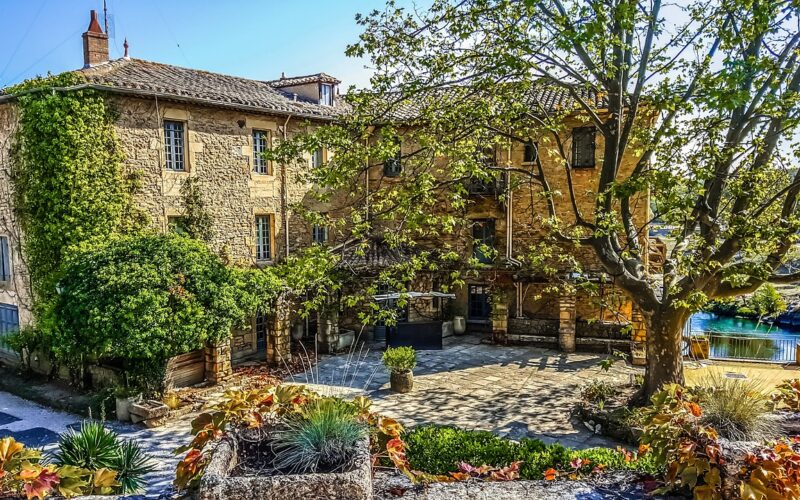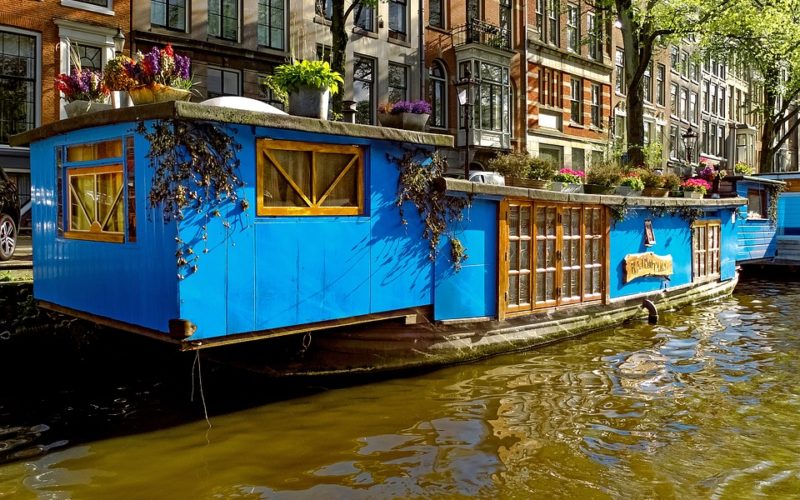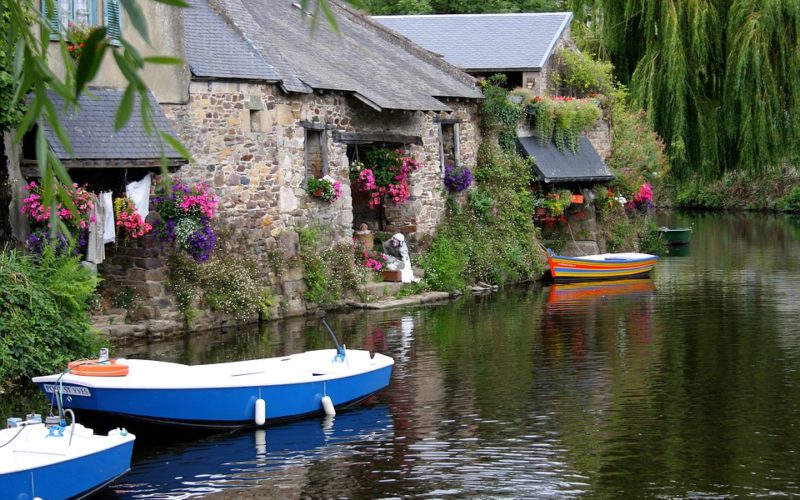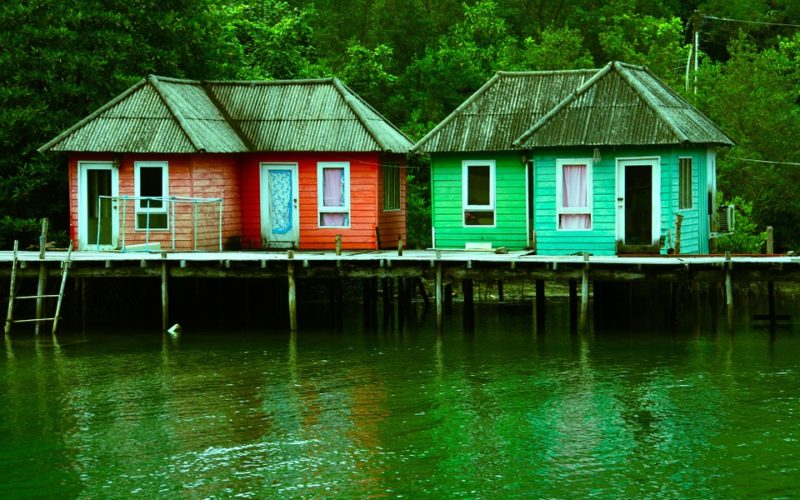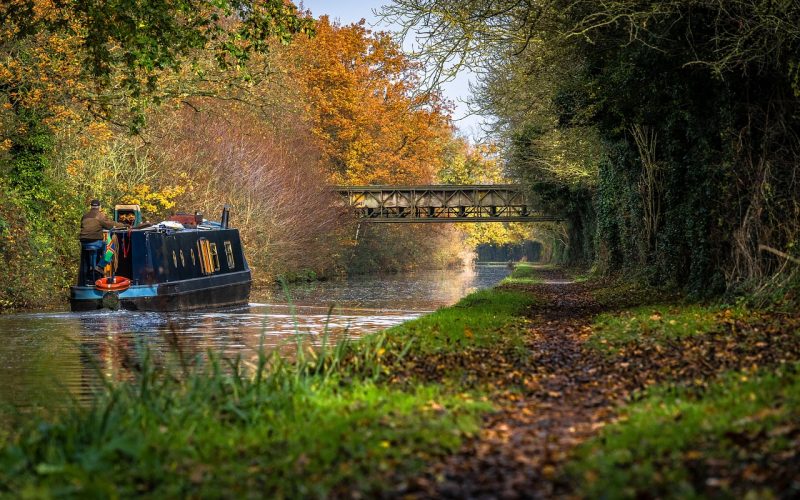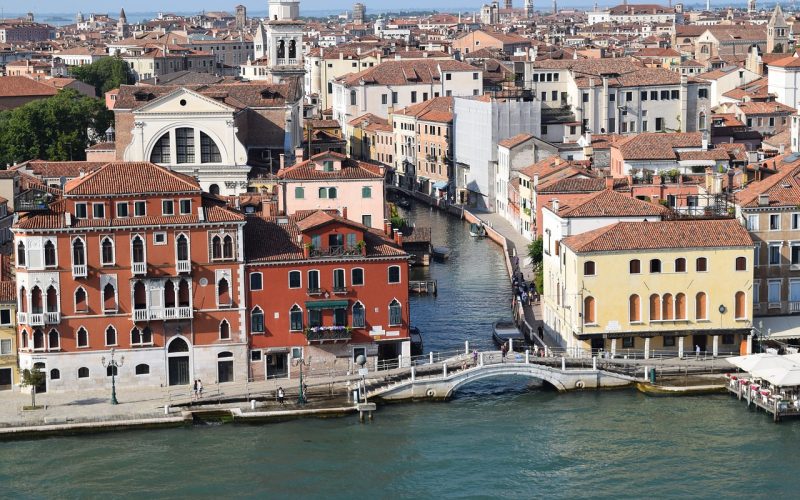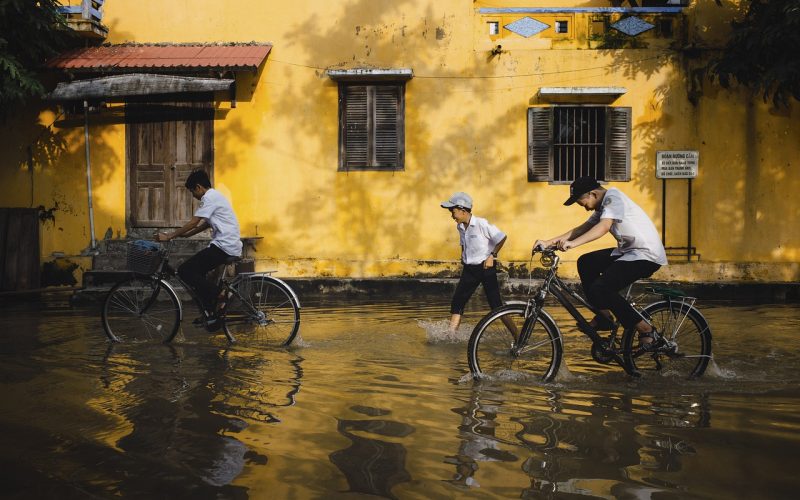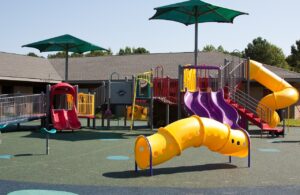Living by a river can seem like a serene dream come true – the gentle sound of flowing water, the scenic views right out your window, and an innate sense of peace that comes from being close to nature. However, making your home next to a picturesque river also comes with a unique set of considerations.
The serenity of nature's soundtrack
One undeniable benefit of river living is the tranquil atmosphere it offers. The soothing sound of a river's flow can be a natural stress reliever, promoting relaxation after a busy day. Residents often enjoy improved well-being and a slower pace of life, as the proximity to water encourages outdoor activities and mindfulness. Morning walks along the riverbank, fishing from your backyard, or simply enjoying a cup of tea with an unspoiled view can become cherished daily rituals.
An abundance of waterside activities
For those who love the outdoors, living by a river provides direct access to a host of water-based recreational activities. Canoeing, kayaking, paddle boarding, and swimming are just a few options for residents to keep active and connected with nature. This can lead to an overall healthier lifestyle, both physically and mentally, as engaging with the outdoors and taking part in exercise comes naturally with the territory.
Environmental benefits and increased property value
A riverfront property can often be an excellent investment, as waterfront homes usually retain higher property values compared to their inland counterparts. Additionally, living by a river can foster a deeper appreciation for the environment and inspire residents to engage in eco-friendly practices, such as water conservation and protecting natural habitats. This, in turn, can contribute to a healthier ecosystem surrounding the home.
Seasonal flooding and insurance complexities
However, the dream of river living can come with real risks, the most significant being the potential for floods. Seasonal rains and rising water levels can pose serious threats to riverside homes. It's essential to consider flood risks when deciding on river living and to ensure you're adequately prepared with insurance and flood defences. This can sometimes lead to more complex and costly home insurance policies that must cover potential water damage.
Maintenance and wildlife considerations
Homes by the river often require more maintenance due to the increased exposure to moisture and the elements. Rust, mildew, and damage from debris carried by the river can lead to more upkeep costs and efforts. Living in close proximity to nature also means closer encounters with wildlife. While this can be considered a pro to some, it may require additional precautions and management to coexist with the local fauna peacefully.
Environmental vulnerability and stewardship
Residing next to a river also means facing the environmental impacts such as erosion and pollution, which could affect your property directly. This delicate biome often necessitates active stewardship from riverfront homeowners, including preventing pollution and maintaining natural vegetation barriers to protect against erosion. It calls for a commitment to the environment that extends beyond personal property lines.
Living by a picturesque river can be both idyllic and challenging. The calm and connectivity to nature come hand in hand with the responsibility to protect against natural adversities. For those considering making such a place their home, it's essential to weigh the pros and cons with a long-term perspective and a readiness to adapt to the rhythm of river life.
